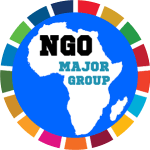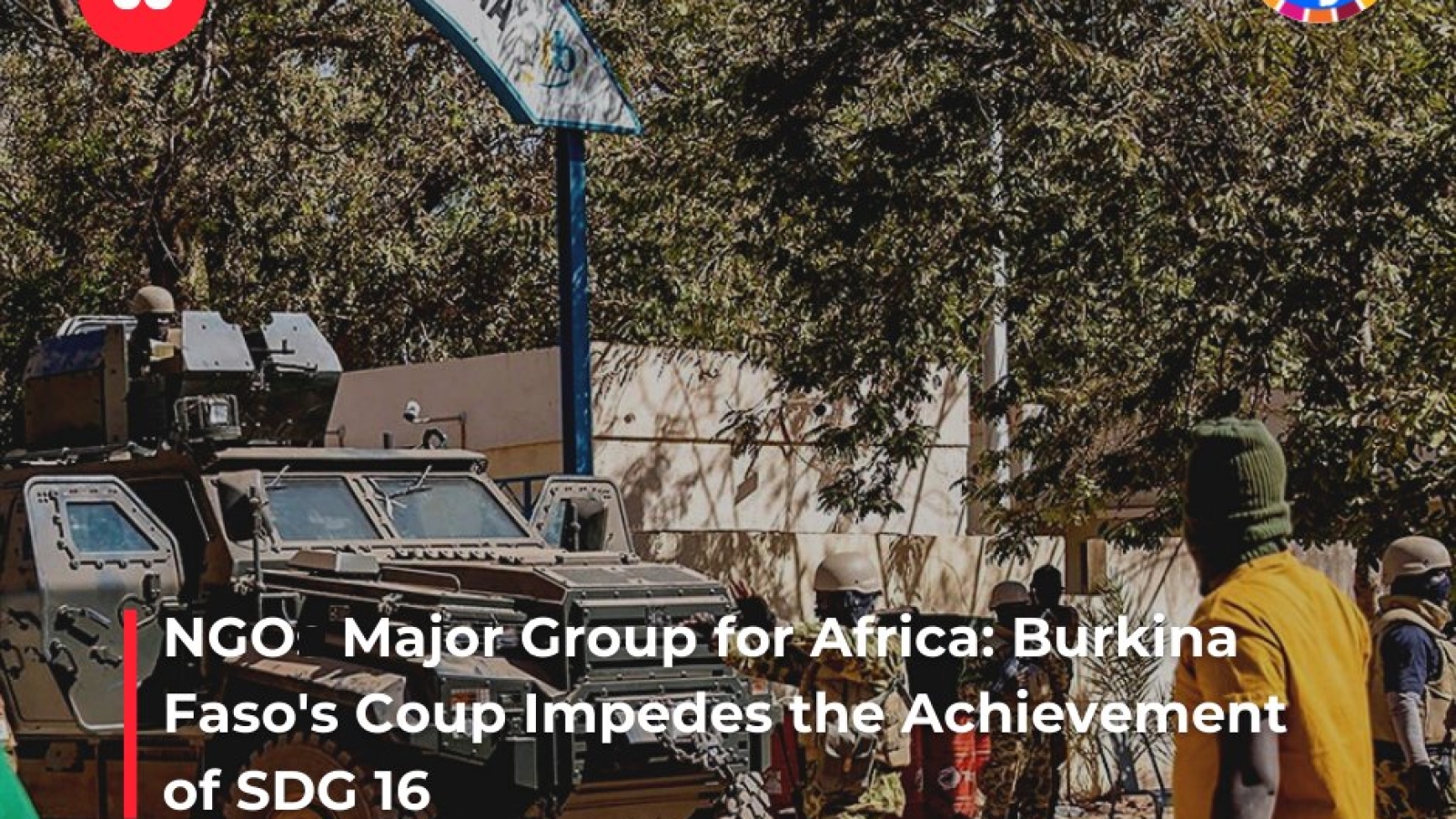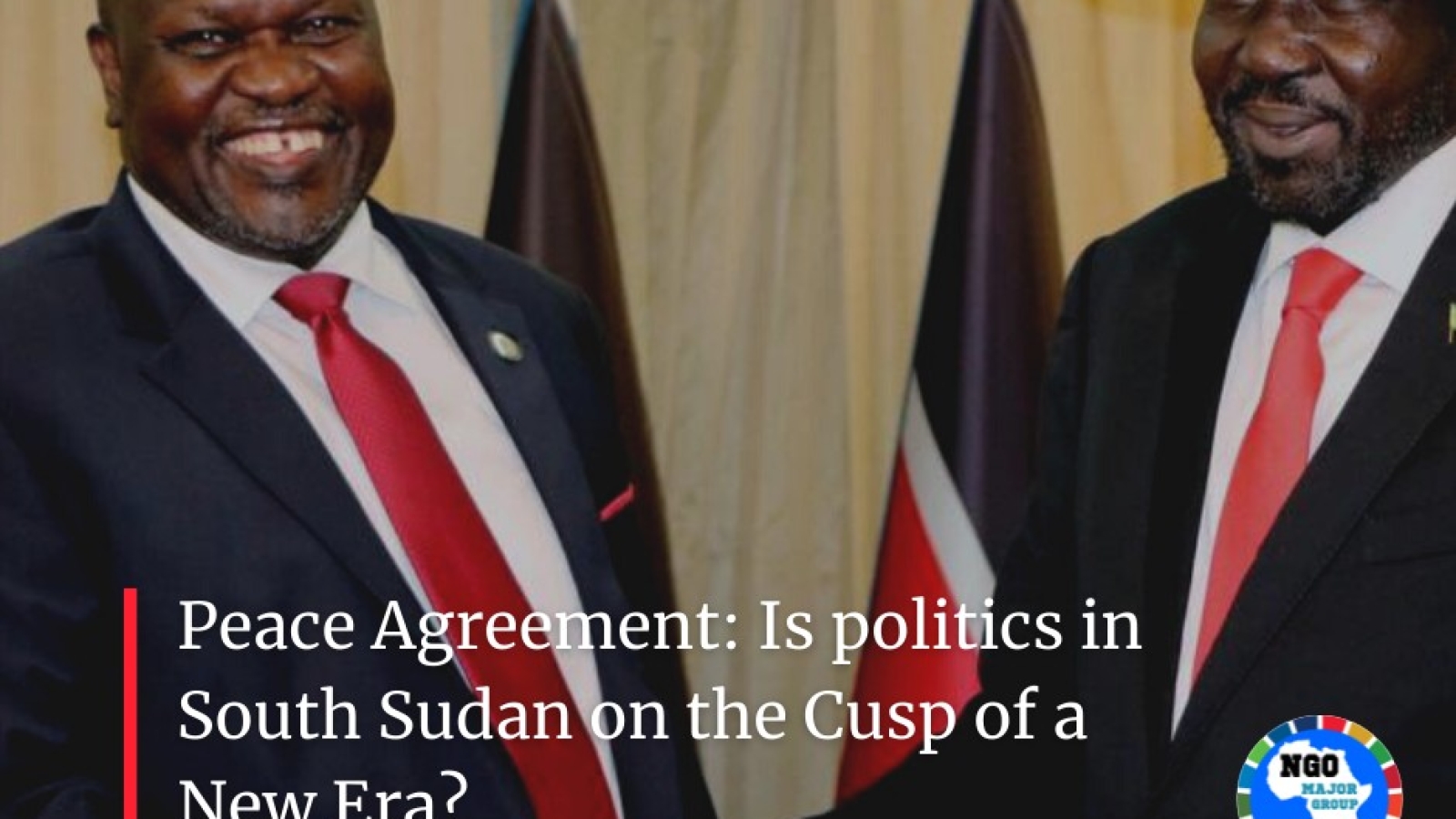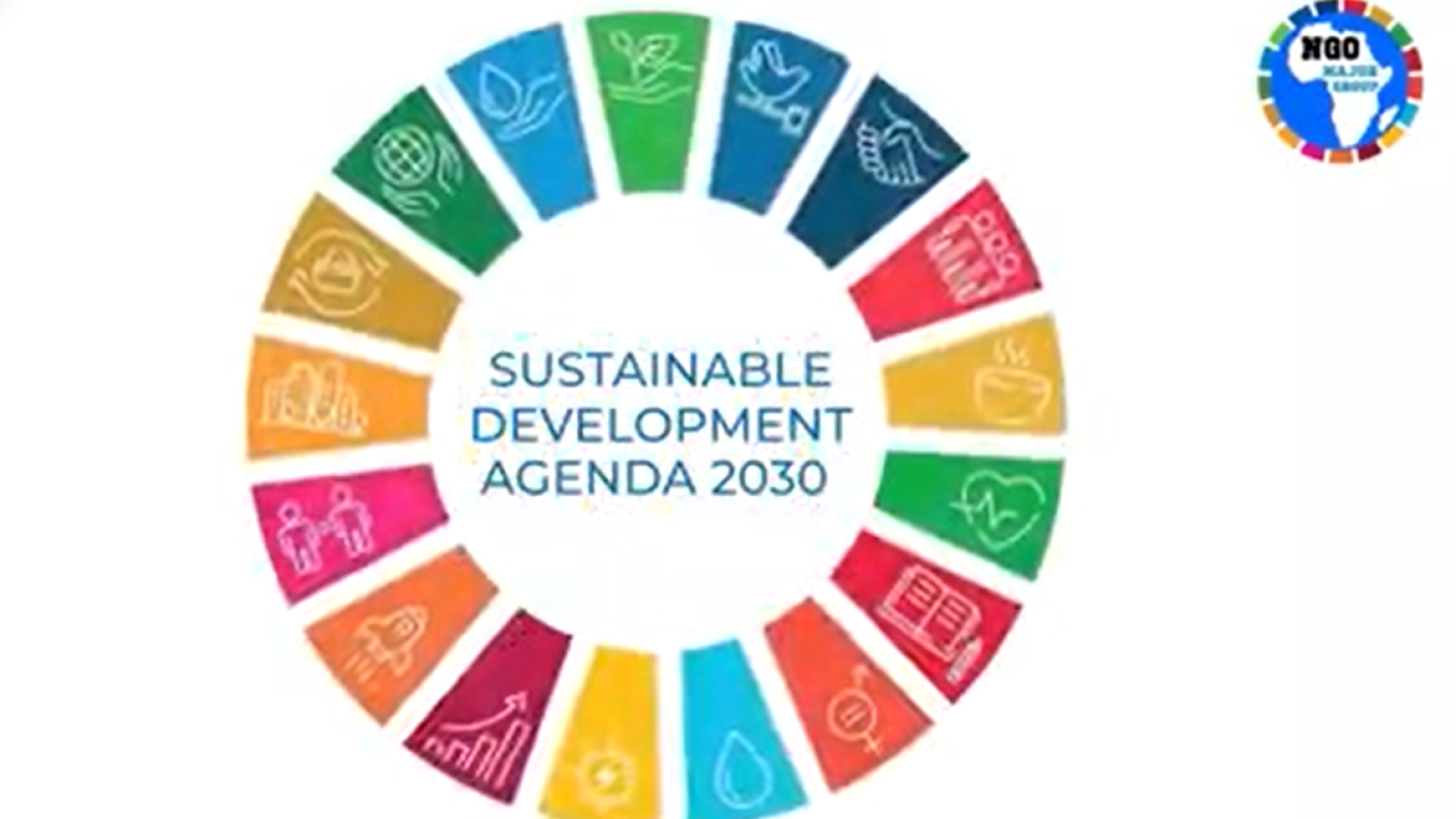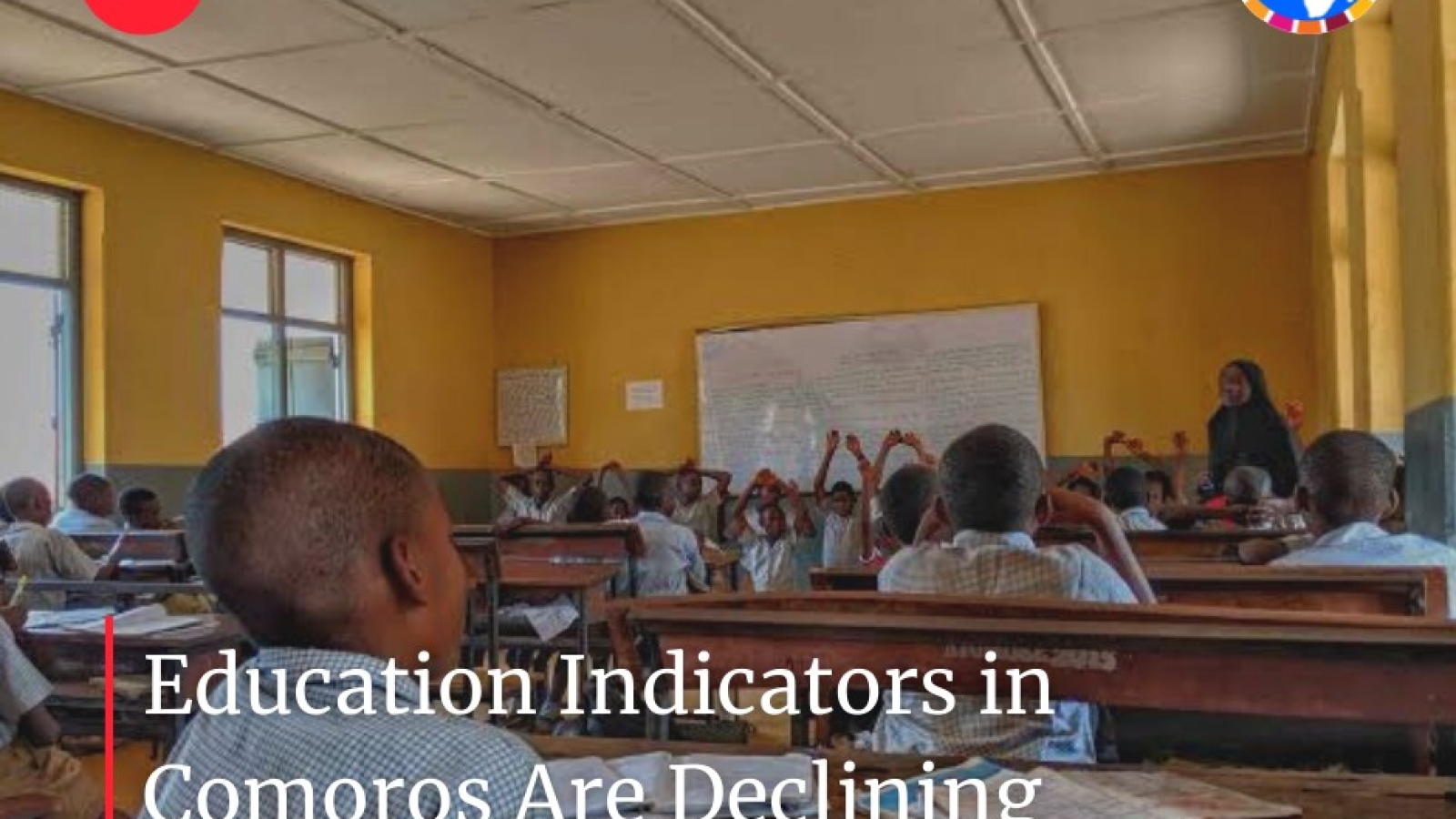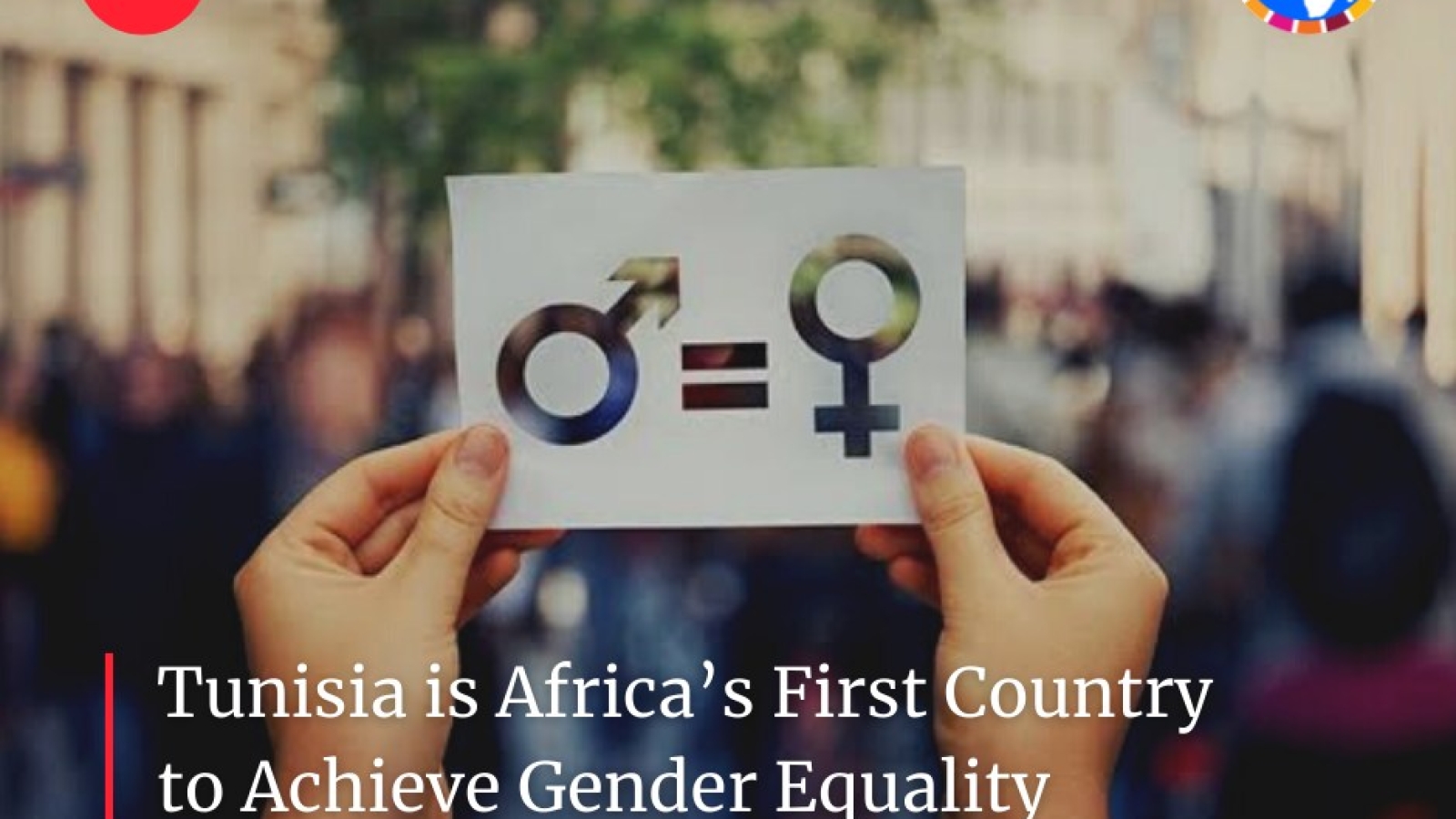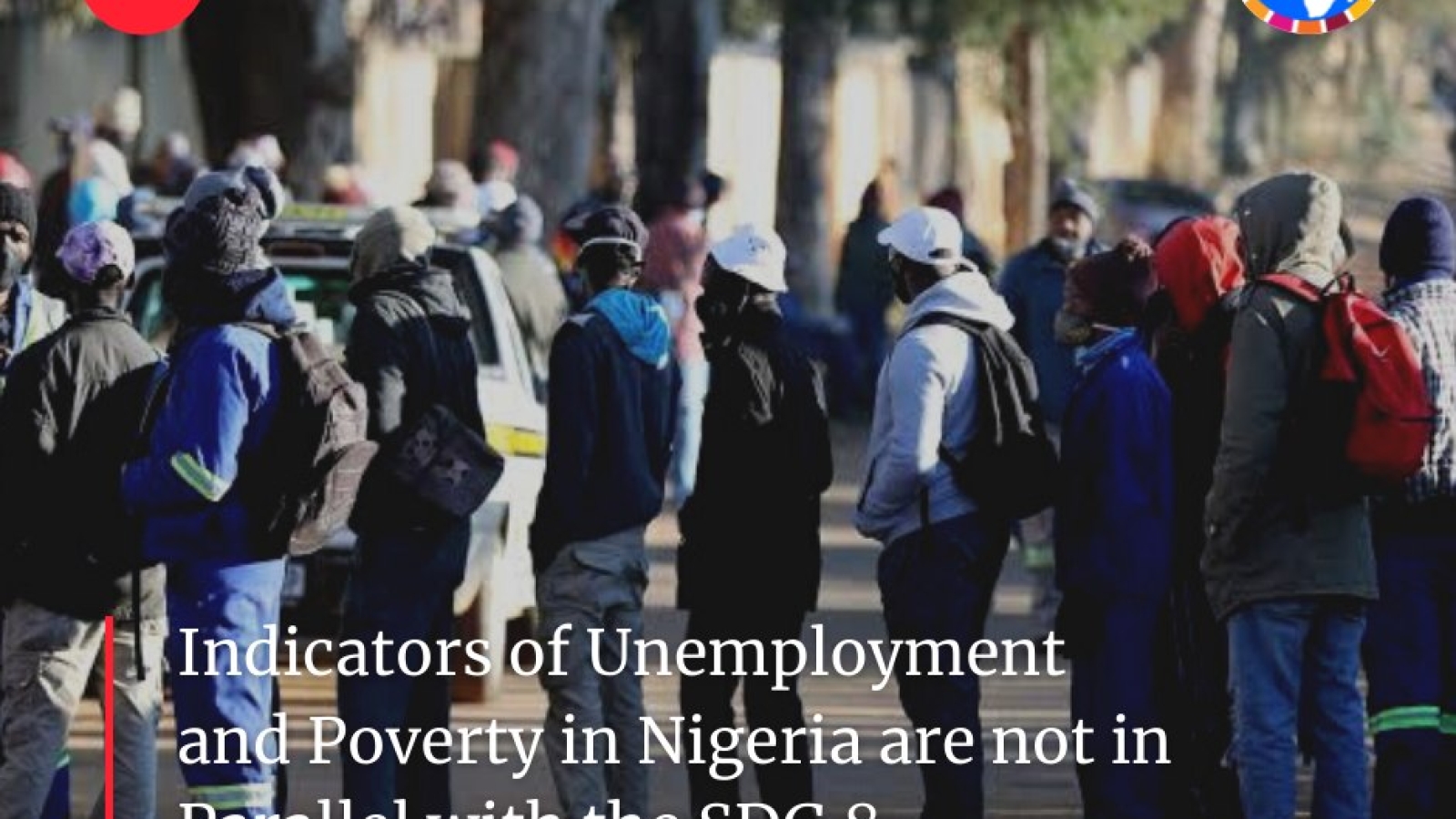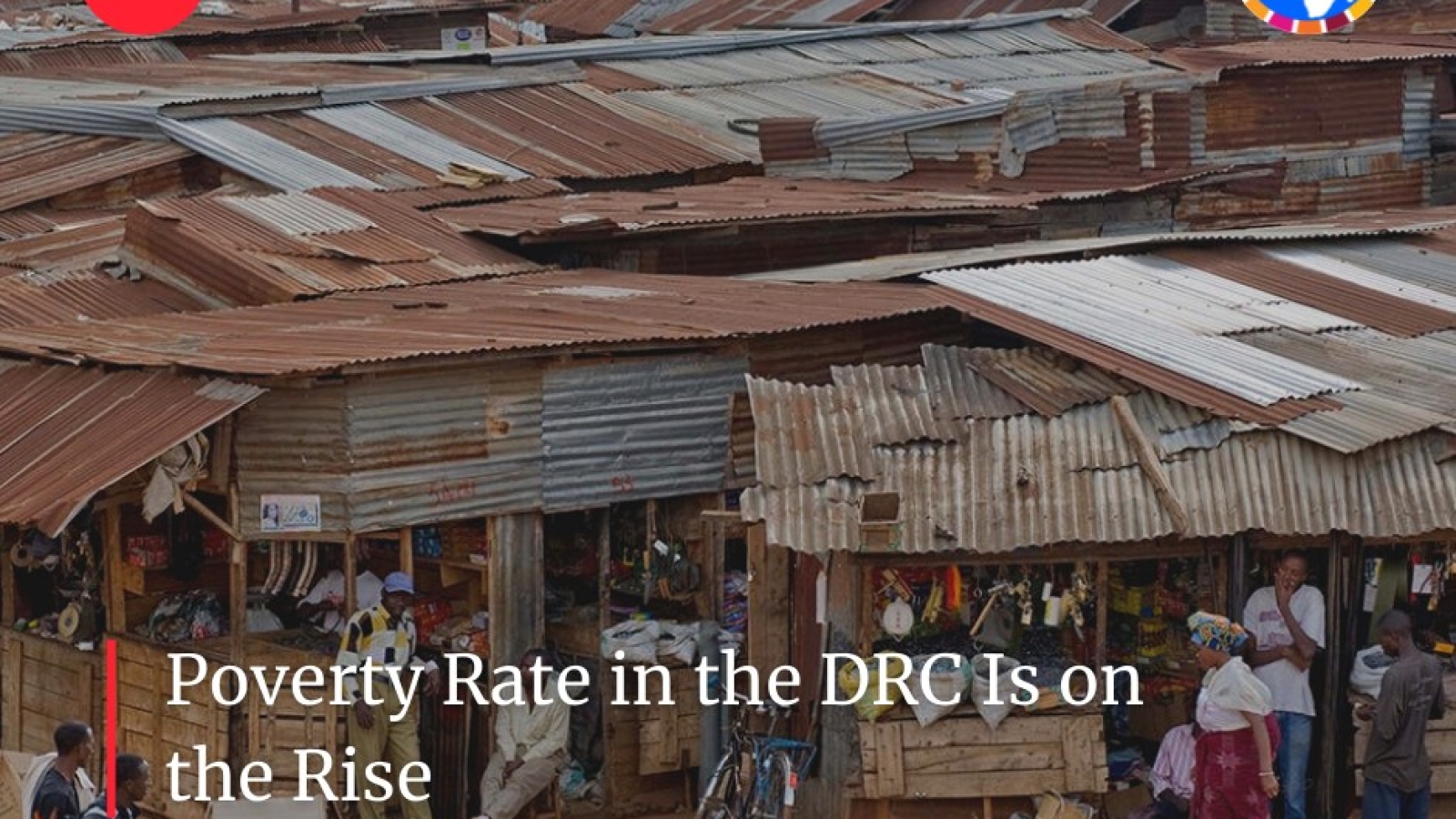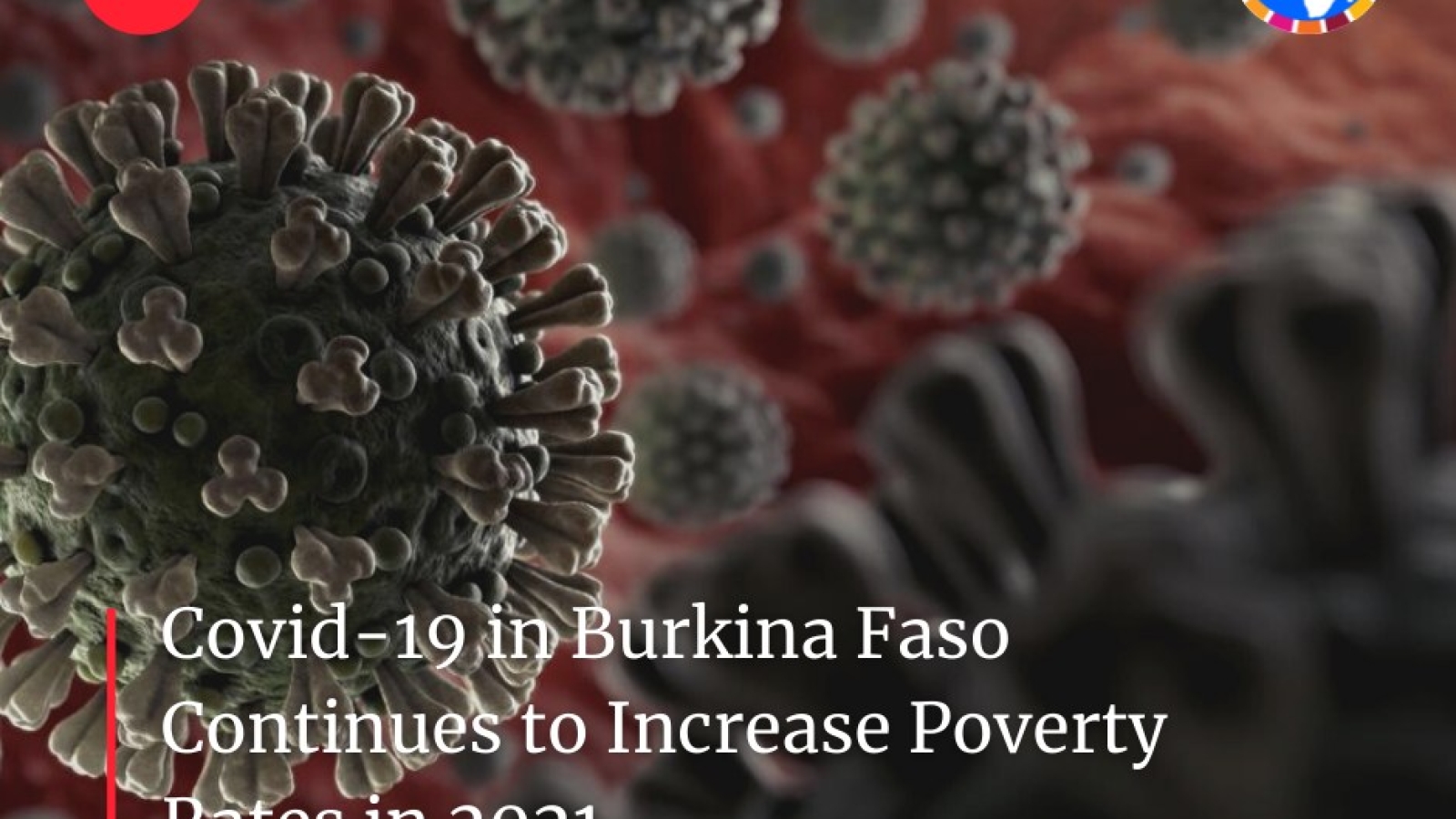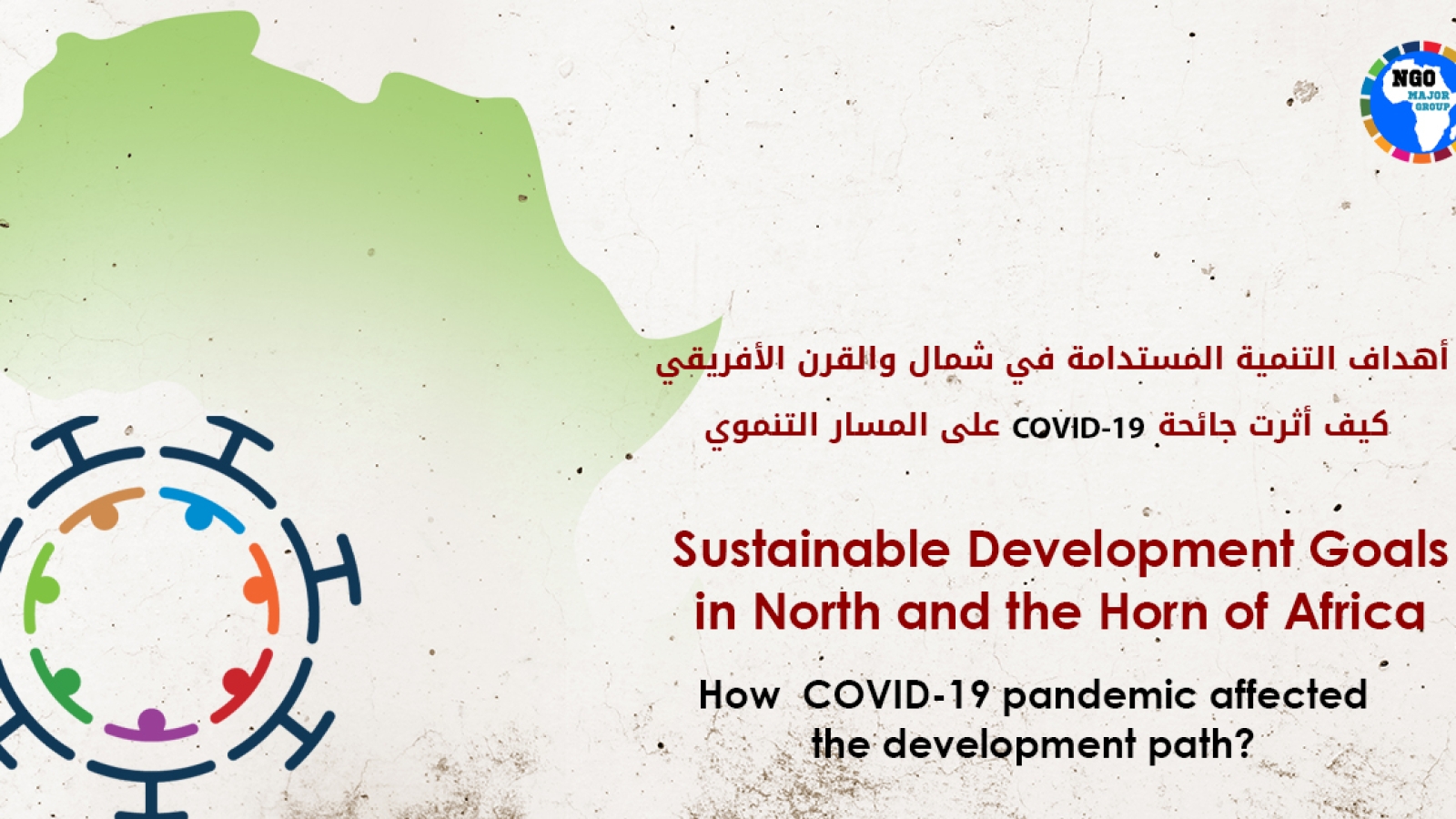NGO Major Group for Africa: Burkina Faso’s Coup Impedes the Achievement of SDG 16
NGO Major Group for Africa condemns the military coup that took place in Burkina Faso against the democratically elected President “Roch Marc Christian Kaboré”, as a group of army soldiers rebelled and seized power in the country, noting that they dissolved the government and gave orders to close the borders, in addition to detaining the president in an army camp after heavy shooting at his home in the capital, Ouagadougou.
Burkina Faso, is considered among the least developed countries in the world. It suffers from lack of stability, and has witnessed many political and military turmoil since its independence from France in 1960.
In this context, NGO Major Group for Africa notes that the coups in power in Africa in general lead to an increase in armed conflict and insecurity, which undermines the achievement of SDG 16, which requires states to promote peaceful and inclusive societies for all for sustainable development, providing access to justice for all and building effective and accountable institutions at all levels.
NGO Major Group for Africa also calls on all parties in Burkina Faso to work to strengthen relevant national institutions, in an effort to build capacities at all levels, to combat violence in the country, in addition to the need to establish a mechanism to strengthen the rule of law at the national level and ensure equal access to justice for all.
#Towards_Collective_Partnership_For_Sustainable_Africa
#Cooperation_For_Sustainable_Africa
#Sustainable_Future_For_Africa

